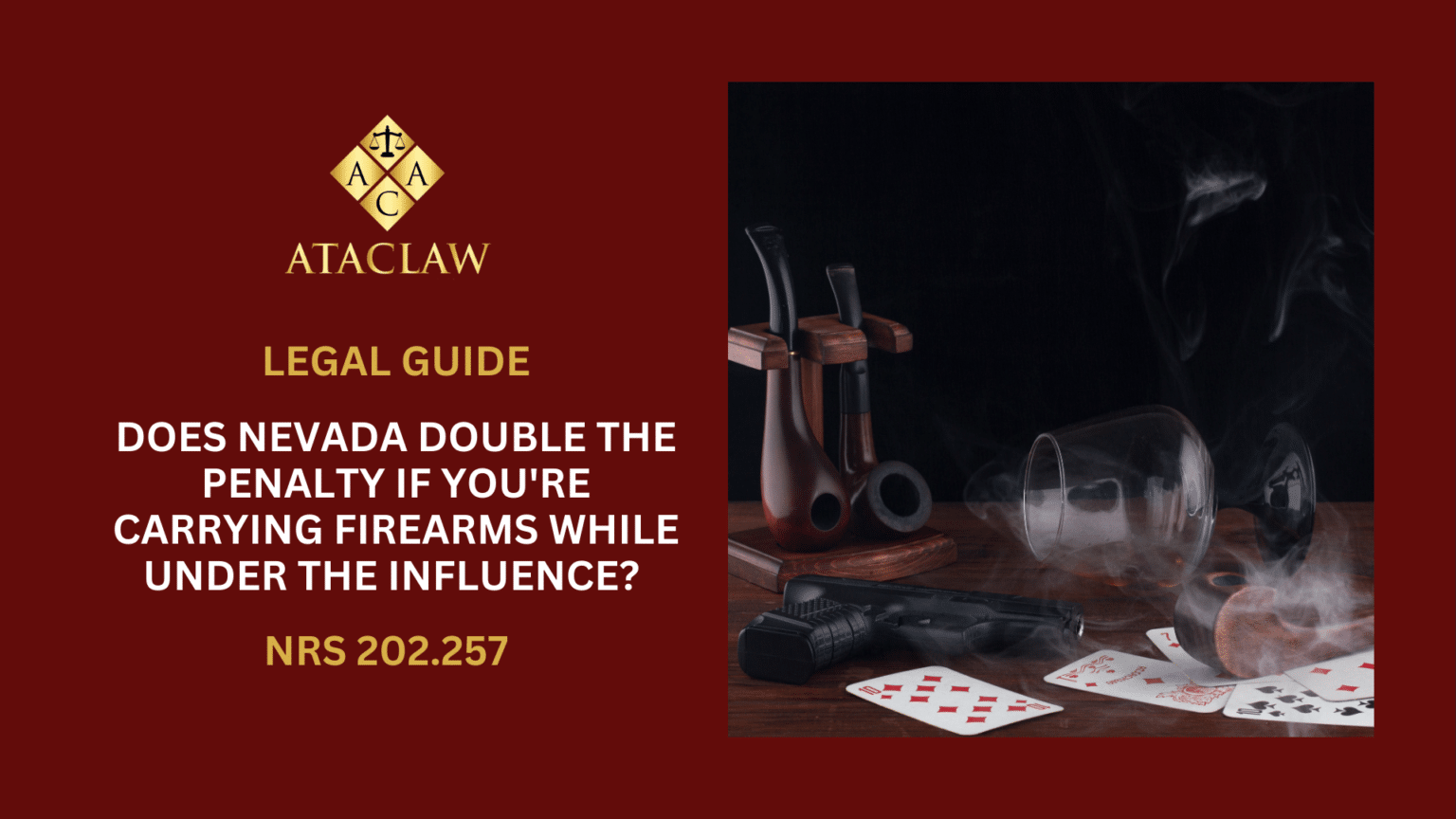In Nevada, comprehending the legal framework surrounding battery is not just advisable but imperative. Battery, as defined under NRS 200.481, covers a broad spectrum of actions involving the intentional and unlawful use of force or violence against another person. From minor altercations to more severe instances, understanding the nuances of battery law is essential for individuals navigating the justice system in the Silver State. So, what penalties and potential defenses accompany this law? Join us as we embark on an exploration of Nevada’s battery laws, penalties, and available defenses to gain a comprehensive understanding of this crucial legal aspect.
What Does the Nevada Battery Statute Entail?
Nevada’s battery statute, NRS 200.481, delineates the offense as the deliberate use of unlawful physical force on another individual. Committing battery doesn’t always necessitate direct physical contact; actions like throwing objects at someone or tampering with their drink also fall under this statute.
The severity of punishment under NRS 200.481 hinges on whether a “deadly weapon” was involved or if the victim suffered significant “substantial bodily harm.” Courts classify weapons like guns and knives as deadly due to their inherent danger, while objects like screwdrivers may not qualify. Additionally, injuries leading to prolonged physical pain or posing a significant risk of death or impairment are deemed “substantial bodily harm.” Examples include gunshot wounds, stabbings, and concussions.
What Penalties Are Imposed for Battery in Nevada?
1. Simple Battery: Battery without causing injury is treated as a misdemeanor, punishable by:
- Up to 6 months in jail
- Fines up to $1,000
- Examples include punching, kicking, slapping, or pinching.
2. Battery with a Deadly Weapon: Considered a category B felony with a minimum of 2 years in prison and fines up to $10,000. Depending on the severity:
- If the victim sustained substantial bodily harm or was strangled, the maximum prison sentence is 15 years; otherwise, it’s 10 years.
3. Special Circumstances: Enhanced penalties apply if the victim was:
- A peace officer, health care provider, school employee, taxi driver, transit operator, or sports official.
- If a deadly weapon was involved and the victim sustained substantial harm or was strangled, penalties include 2 – 15 years in prison and/or fines up to $10,000.
4. Battery by Certain Individuals: Those under probation, parole, or lawful custody face stricter penalties, ranging from 1 – 6 years in prison to 2 years minimum if a deadly weapon was used.
5. Separate Punishments for Battery Domestic Violence: NRS 200.485 outlines specific penalties for battery within family or romantic relationships.
Understanding battery laws, penalties, and potential defenses is vital. At ATAC Law, we’re here to guide you through the legal intricacies and provide effective representation.
What Are the Immigration Ramifications of Battery Convictions in Nevada?
For non-U.S. citizens entangled in legal proceedings, understanding the potential immigration repercussions is vital. Here’s what you need to know:
- Deportation Risk: Convictions for violent offenses, including felony battery, can result in deportation for non-citizens. Even misdemeanor convictions pose a threat to legal residency in the U.S.
- Seek Legal Guidance: Given the uncertainty surrounding immigration consequences, it’s imperative for immigrants facing criminal charges to consult with knowledgeable legal counsel without delay.
How Can You Defend Against Battery Charges in Nevada?
In the realm of Nevada’s battery laws outlined in NRS 200.481, mounting a solid defense is paramount. Here are some key strategies to consider:
- It Was an Unintentional Act: Accidents resulting in injury are not subject to criminal prosecution under NRS 200.481, which primarily targets deliberate acts of physical force.
- Self-Defense or Defense of Others: Nevada law allows individuals to protect themselves or others from unlawful physical force, provided the response is proportionate.
- Victim of False Accusations: False battery accusations can arise from various motives, such as anger or misunderstanding. Thoroughly investigating accusers for credibility and potential motives is essential.
- Acted Out of Necessity: Acting to prevent harm in emergency situations, such as rendering aid to an unconscious person, can serve as a valid defense against battery charges.
- Consent: In certain contexts, consent can be a defense, such as in lawful sporting events where participants willingly engage in physical contact.
- Unlawful Touching Absent: Innocent physical gestures like a handshake or pat on the back typically do not constitute battery unless deemed offensive or unwanted by the recipient.
When Can I Seal My Battery Conviction Record in Nevada?
If you’ve been convicted of battery in Nevada, you may wonder when you can seal your record. Here’s a breakdown of the waiting periods:
- For Misdemeanor or Gross Misdemeanor Convictions: You become eligible to apply for record sealing two years after the case concludes.
- For Category C or Category B Felony Convictions: The waiting period extends to ten years after the case closes.
Moreover, if your battery charges are dismissed entirely, you can immediately petition to seal your arrest record.
Can I Face a Lawsuit for Battery?
Yes, you can. Battery isn’t just a criminal offense; it’s also a civil tort. Even if you’re not charged or convicted of battery, the alleged victim retains the option to sue you for compensatory damages. These damages can cover various expenses such as medical bills, lost wages due to injury, pain and suffering, and any other related costs.
Additionally, the court may order you to pay punitive damages, which can be significantly higher than compensatory damages. Winning a criminal battery case is typically more challenging than winning a civil battery case. In criminal proceedings, the prosecution must prove your guilt beyond a reasonable doubt. However, in civil lawsuits, the plaintiff only needs to establish your liability by a preponderance of the evidence, which is a less stringent standard.
For further legal assistance and to discuss your case with an expert, don’t hesitate to contact ATAC LAW.




